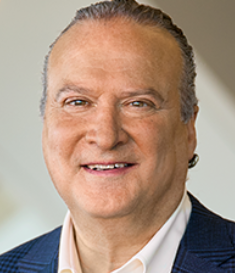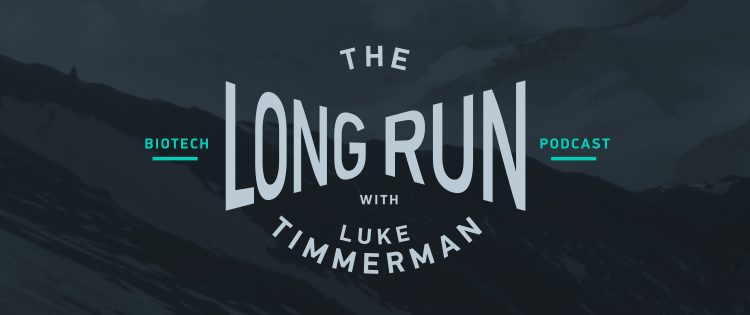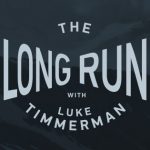Building a Fully Integrated Biopharma For the Muscle: Robert Blum on The Long Run
Robert Blum is today’s guest on The Long Run.
Robert is the CEO of South San Francisco-based Cytokinetics. He joined the company back in the beginning in 1998 and became CEO in 2007.

Robert Blum, CEO, Cytokinetics
This company, and Robert’s career, are emblematic of what this show is about — The Long Run that it takes to develop new medicines. The company has been in business more than 25 years and still doesn’t yet have any of its own products for sale on the US market. It has burned through more than $2.5 billion since the beginning, according to its most recent filing with the Securities and Exchange Commission.
The narrative of a relentless, but perennial development-stage company is likely to change this year. Investors expect it to win FDA clearance to start selling its first product. It is aficamten for hypertrophic cardiomyopathy or HCM. It’s a thickening of the heart muscle that makes it more difficult to efficiently pump blood. The drug is a cardiac myosin inhibitor that has been shown to improve exercise capacity and clinical outcomes for patients whose lives are constrained by HCM.
Robert is a fascinating character. He grew up in a Jewish family and went to Catholic school in Western North Carolina. He idolized biotech entrepreneur Bob Swanson as a kid. He has spent his adult life trying to follow the playbook of the full, vertically integrated biopharma company that discovers, develops, and commercializes its own medicines – the original biotech model envisioned by the Genentech co-founder. This is just about the hardest thing imaginable in business.
There’s a tenacity and grit to Robert that I think you’ll hear clearly. It was especially tested in the low moments, like when the FDA declined to approve omecantiv mecarbil, a cardiac myosin activator for heart failure.
This episode was recorded at the JP Morgan Healthcare Conference in San Francisco. We could have gone for another hour or two talking about some of the key events in the company’s history. But listeners will certainly get a sense for the man’s philosophy, how it got here on the cusp of building its own commercial team, and why Cytokinetics has had the staying power to remain independent and in position to compete with Bristol Myers Squibb in a high-stakes therapeutic category.
Now before we get started, a word from the sponsor of The Long Run:

This is a message to drug hunters who are up for a challenge. Are you ready? Here it is: there’s a new prize competition to spur discovery of drugs targeting TBXT. It’s a transcription factor involved in a number of cancers. The competition is offering more than $500,000 in prizes to investigators or companies who identify potent TBXT binders. The great part is that you only need to come up with the compounds; the competition organizers handle biophysical evaluation of submitted compounds. All the resulting data is returned to you confidentially. And you keep all IP rights. If you’re curious, visit TBXTchallenge.org for details.
tbxtchallenge.org/
Have you listened to a handful of episodes of The Long Run? My friends at The Linus Group helped craft a survey so you can provide me some feedback on what you like, what you don’t, and what you’d like to see more or less of from this podcast. It only takes 5 minutes, and if you complete the survey, you will be entered with a chance to win one of three complimentary annual subscriptions to Timmerman Report (a $199 value).
Complete the Survey
Now, please join me and Robert Blum on The Long Run.





